Cold Weather Hacks: How to Stay Healthy During a Mountain Trip
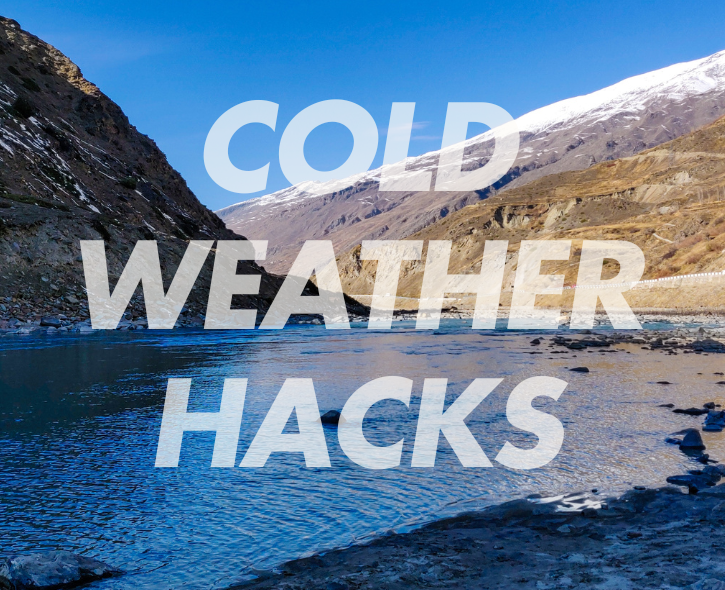
Share
The Allure of Sissu: Beauty, Comfort Food, and the Bite of Winter
Sissu, tucked in the majestic valleys of Himachal Pradesh, is like stepping into a winter wonderland. Snow-dusted peaks, mist rolling over the mountains, and fallen leaves crunching underfoot create a picture-perfect escape. But beyond the breathtaking views, there's the real challenge: the freezing temperatures and high-altitude air.
On my recent trip to Sissu, I found myself enjoying the crisp chill but also feeling the effects of the cold—dry lips, tired muscles, and an intense craving for comfort food. Maggi, the ultimate mountain snack, seemed to be everyone's go-to for a quick pick-me-up. And who can blame us? A warm bowl of noodles in the snow, with steam rising from the cup, is pure comfort. But while Maggi hits the spot, it's important to stay mindful of your health in such harsh conditions.


Here are some cold weather hacks I picked up during my trip to help you stay healthy, energized, and ready to enjoy every moment of your mountain getaway.
1. Stay Hydrated: Beat Dehydration in Disguise
- Health Angle: The cold can suppress your thirst, but the dry mountain air and physical activity leave your body dehydrated faster than you might think. Dehydration can lead to fatigue, dizziness, and even headaches.
- Hack: Carry a thermos with warm water or herbal teas like ginger, tulsi, or chamomile. These not only hydrate but also keep your body warm and boost your immunity. Avoid caffeinated drinks, as they can dehydrate you further.
2. Nourish Yourself with Warming and Nutritious Foods
- Health Angle: The cold makes your body burn more calories to maintain warmth. While a bowl of Maggi might feel like the perfect mountain meal, it’s important to balance comfort with nutrition.
-
Hack:
- Focus on energy-dense foods like roasted nuts, seeds, and whole grains to keep your energy levels up.
- Add warming ingredients like garlic, ginger, and turmeric in your meals to help digestion and fight off colds.
- If you’re craving Maggi, add vegetables or boiled eggs for a healthier, protein-packed version.
3. Protect Your Skin and Lips from Dryness
- Health Angle: Cold, dry air strips moisture from your skin, leading to cracked lips, dry hands, and irritated skin. This can be uncomfortable and even lead to skin damage if not addressed.
-
Hack:
- Apply a thick, nourishing moisturizer before heading out. Focus on areas like your hands, face, and neck, which are most exposed.
- Don’t forget a lip balm with SPF to protect against both the cold and the sun’s UV rays, which are stronger at high altitudes.
- Eat foods rich in omega-3s, such as walnuts or flaxseeds, to hydrate your skin from the inside out.
4. Stay Active to Keep Blood Circulating
- Health Angle: When you're stationary in the cold, your circulation slows down, which can make you feel even colder.
- Hack: Avoid sitting still for too long. Light activities like stretching, walking, or even doing a few quick squats can help keep your blood flowing and your body warm. Plus, it feels great after a long day of trekking!
5. Manage Altitude Sickness Smartly
- Health Angle: At higher altitudes, oxygen levels drop, which can cause dizziness, nausea, or fatigue.
-
Hack:
- Give your body time to adjust by taking it easy on the first day.
- Drink plenty of water, and include antioxidant-rich foods like fresh fruits, nuts, and berries to help your body combat the stress of altitude.
- If you’re feeling unwell, don’t push yourself too hard—rest is key!
6. Support Your Immune System
- Health Angle: The combination of cold weather and altitude can weaken your immune system, making you more susceptible to illnesses.
-
Hack:
- Include Vitamin C-rich foods like oranges or amla in your diet to support your immune system.
- Warm soups made from lentils, vegetables, or chicken stock can provide nourishment, hydration, and warmth all at once.
- Make sure to get a good night’s rest to allow your body to recharge.
7. Take Care of Your Feet
- Health Angle: Wet or cold feet can lead to frostbite, chilblains, or simple discomfort.
-
Hack:
- Invest in waterproof, insulated boots and wear thick wool socks to keep your feet warm and dry.
- Carry an extra pair of dry socks to change into if they get damp.
- At night, massage your feet with a warm balm to improve circulation and prevent dryness.
8. Breathe Smartly to Avoid Cold-Air Effects
- Health Angle: Breathing in icy cold air directly can irritate your lungs and cause coughing or tightness in the chest.
- Hack: When you feel the chill, try breathing through your nose instead of your mouth. This helps warm and moisturize the air before it reaches your lungs, keeping respiratory issues at bay.
9. Focus on Mental Wellness
- Health Angle: The quiet solitude of the mountains can be incredibly peaceful but also overwhelming at times. Staying mentally healthy is just as important as staying physically well.
-
Hack:
- Take moments to practice mindfulness and appreciate the stunning views around you.
- Carry a journal to jot down your thoughts and reflections.
- Stay connected with your group—sharing experiences can lift spirits and keep everyone motivated.
Conclusion: Savor the Chill, Stay Healthy
My trip to Sissu reminded me that mountains are as challenging as they are beautiful. But with the right preparation and a little mindfulness, you can embrace the cold, stay healthy, and truly enjoy the magical experience.
Whether it’s a steaming cup of Maggi, a short trek to the river, or just soaking in the stillness of the snow, health should always be a priority. So, the next time you’re off to a cold-weather destination, remember these tips to stay safe and sound.
Explore More
-

What is Maida and Why is it Bad?
...
-

How Do You Choose the Right Products for Your Health?
...
-

Why Gyms Won’t Save You from Heart Disease in Your 30s: The Hard Truth You Need to Hear
...
-

Caffeine and You: Finding the Sweet Spot for Your Day
...
-

Why Potato Chips Are Addictive: The Science Behind the Crunch
...
-
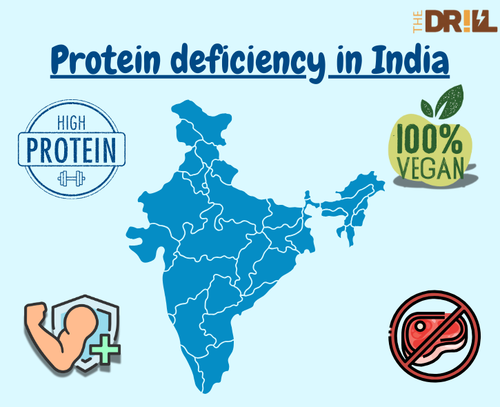
Why Protein Deficiency in India Is More Common Than You Think (And How to Fix It)
...
-

Health Benefits of Sea Buckthorn: The Superberry You Need in Your Diet
...
-

Top 10 Anti-Aging Foods to Keep You Young and Glowing – Bollywood Style
...
-

PUFA vs. MUFA: Which is Healthier?
...
-
Introducing Drill Lens: Your AI-Powered Food Rating Tool
...
-
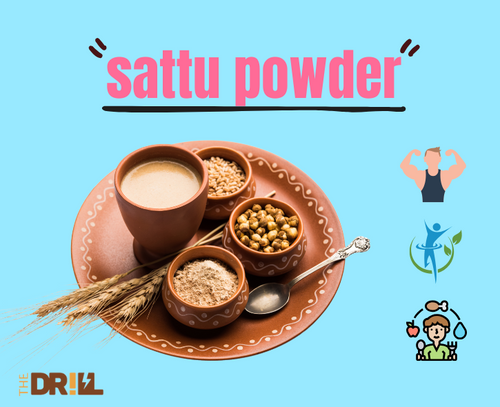
Benefits of drinking sattu everyday
...
-

5 Surprising Health Benefits of Teff Grain for Indian Diets
...
-

Can Taurine Cause Side Effects? Here’s What You Need to Know
...
-
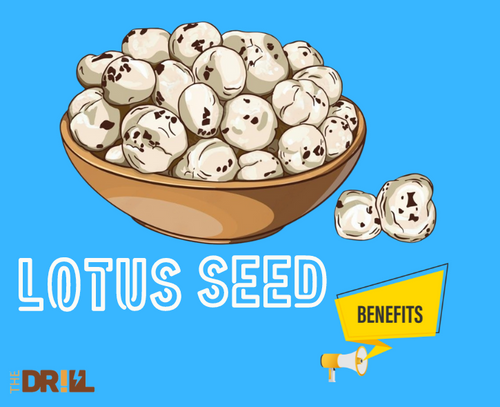
What Are the Health Benefits of Lotus Seeds?
...
-
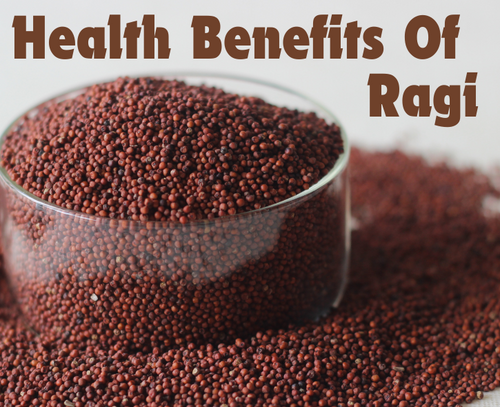
Health Benefits of Ragi for Vegetarians
...
-
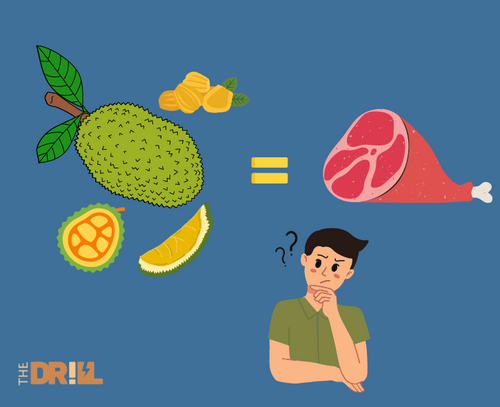
How to Use Jackfruit as a Meat Substitute in Indian Cuisine
...
-

Is Defatted Soya Good for Muscle Gain?
...
-
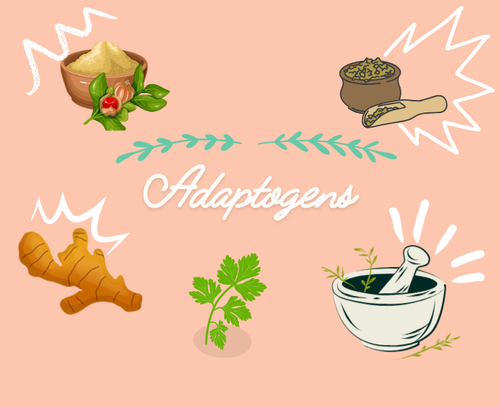
Beginner's Guide to Adaptogens
...
-

The Impact of Glycemic Index on Cravings
...
-

What is Amino Spiking in Whey Protein? A Complete Guide
...
-
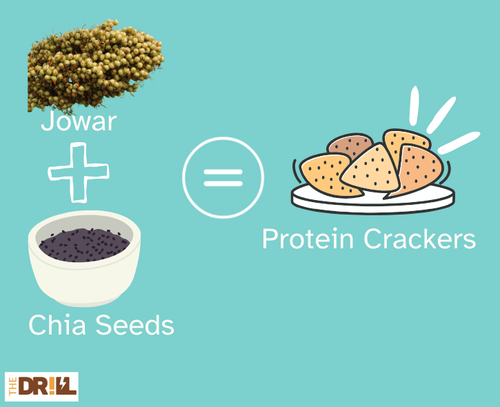
Jowar and Chia Seed Protein Crackers Recipe: A Gluten-Free, High-Protein Snack
...
-
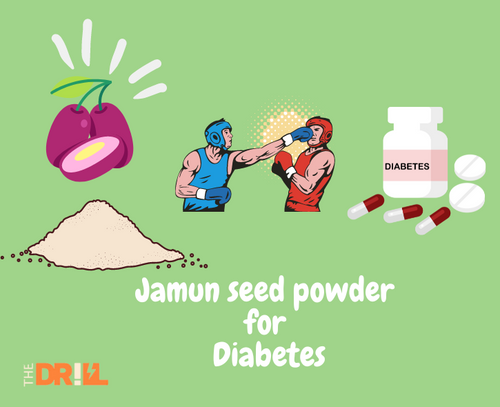
Jamun Seed Powder for Diabetes: Understanding the Benefits and How to Use It
...
-
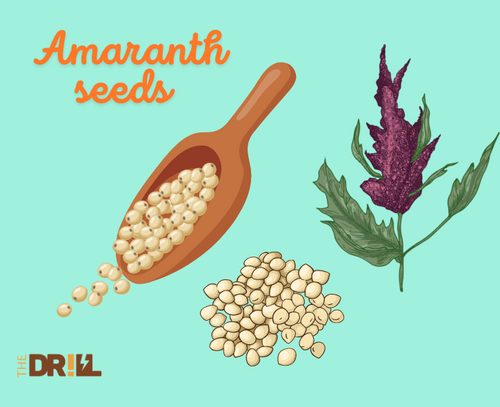
Amaranth Superfood Benefits: Why You Should Add This Ancient Grain to Your Diet
...
-
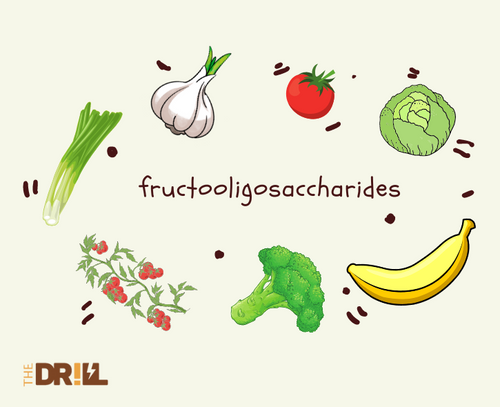
What Is Fructooligosaccharides (FOS) and Why Should You Care?
...
-
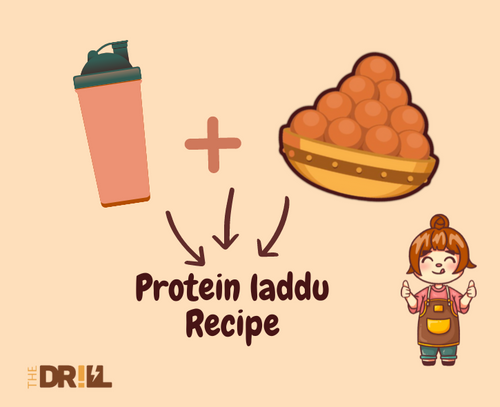
How to Make Protein Laddu at Home: A Nutritious Indian Snack
...
























